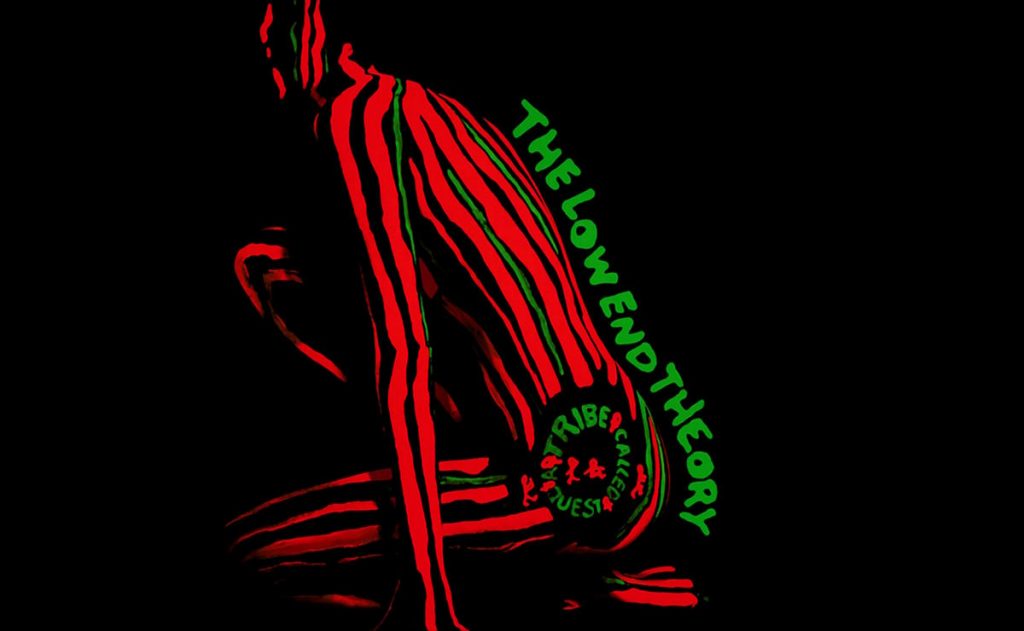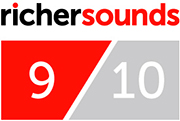 You may be asking why I’m writing a review for an album that’s three decades old? Well, there was a special vinyl release for this album for Record Store Day and it’s just gorgeous. So even though the day itself has passed. This older release deserves a new listen.
You may be asking why I’m writing a review for an album that’s three decades old? Well, there was a special vinyl release for this album for Record Store Day and it’s just gorgeous. So even though the day itself has passed. This older release deserves a new listen.
There are albums that define a genre, and then there’s The Low End Theory, which somehow redefined it entirely. Released in 1991, this sophomore effort from A Tribe Called Quest didn’t just follow up their debut, it elevated hip-hop to an art form that could be both intellectually stimulating and irresistibly groovy.
From the moment Excursions kicks off, you’re drawn into a world where jazz and hip-hop coalesce seamlessly. Q-Tip’s opening lines set the tone, weaving personal history with cultural commentary over a bassline that’s as smooth as it is profound. It’s not just music; it’s a statement of purpose.
The album’s minimalist production is its strength. By stripping down to the essentials: bass, drums, and vocals, Tribe creates a soundscape that’s both intimate and expansive. Tracks like Buggin’ Out and Butter showcase this approach, allowing Phife Dawg’s charismatic delivery to shine. His work here is nothing short of remarkable, providing a counterbalance to Q-Tip’s more abstract musings.
Check the Rhime stands out as a masterclass in hip-hop. The back-and-forth between Q-Tip and Phife is so fluid, it’s as if they’re two halves of the same mind. The track’s infectious hook and laid-back groove make it an enduring classic, one that encapsulates the album’s ethos perfectly.
Then there’s Jazz (We’ve Got), a track that not only pays homage to the genre but integrates it into the very fabric of hip-hop. The use of live instrumentation, particularly the double bass, adds a richness that’s often missing in contemporary productions. It’s a reminder that hip-hop, at its core, is a genre built on innovation and respect for musical heritage.
The album isn’t without its moments of levity. Scenario, featuring Leaders of the New School, injects a burst of energy that’s both chaotic and exhilarating. Busta Rhymes’ verse is a standout, hinting at the solo success that would follow. It’s a track that captures the collaborative spirit of the era, where competition and camaraderie went hand in hand.
Lyrically, The Low End Theory tackles a range of topics, from industry critiques to personal reflections. The group’s ability to address serious issues without sounding preachy is commendable. They invite listeners into their world, offering insights without alienation. In terms of sequencing, the album flows effortlessly. Each track leads naturally into the next, creating a cohesive listening experience that’s rare in the age of shuffle play. It’s an album designed to be heard in its entirety, each song contributing to the overarching narrative.
Over three decades later, The Low End Theory remains a touchstone for artists across genres. Its influence can be heard in the works of countless musicians who seek to blend thoughtful lyricism with innovative production. It’s not just a hip-hop classic; it’s a musical milestone.
Author: Tom, Cardiff Store







